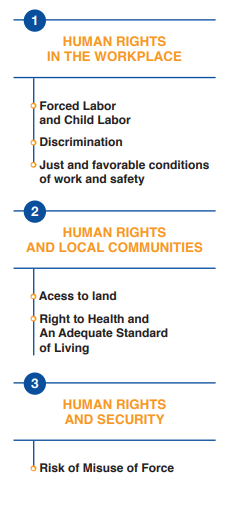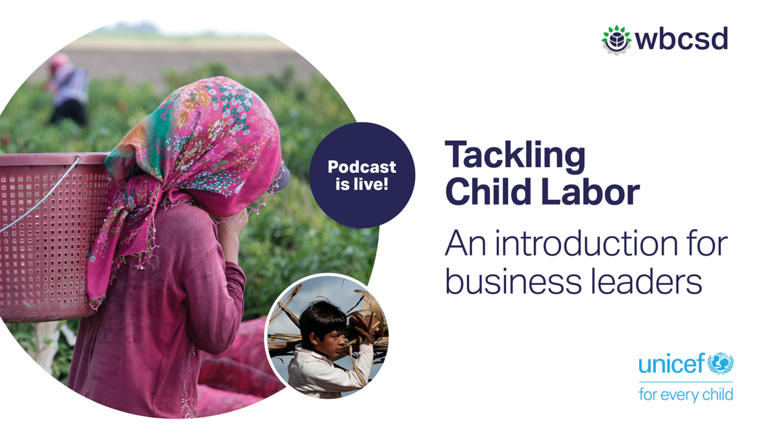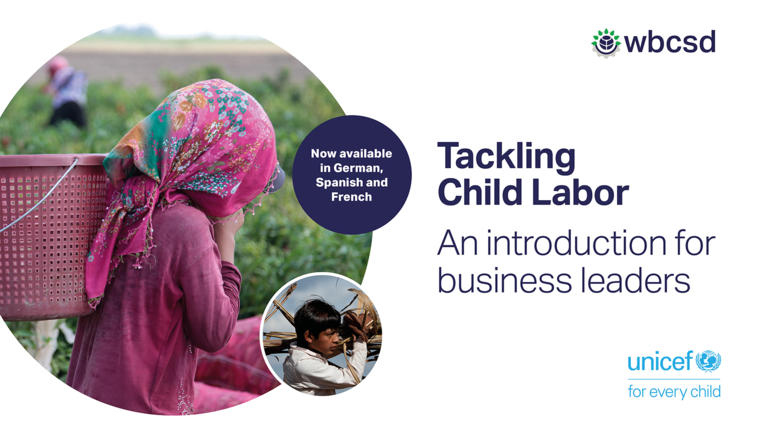Total began its human rights journey in 2009 and committed to respecting the UN Guiding Principles on Business and Human Rights shortly after they were launched in 2011. Your organization then issued its first Human Rights Briefing Paper in 2016. How did you approach this process?
To identify our salient human rights issues in line with the UNGP’s Reporting Framework, we carried out a human rights risks mapping in consultation with internal and external stakeholders, in particular with representatives of key functions within the Group and affiliates operating in sensitive contexts or situations particularly exposed to risks related to human rights and fundamental freedoms. We also held a series of interviews with independent third parties such as GoodCorporation, International Alert and Collaborative Learning Project.
Which are the priority human rights issues for your company?
We identified six salient human rights issues across three areas relevant to our operations:
- Human rights in the workplace: within our sites, human rights concern the employment and working conditions of our employees and those in our supply chain.
- Human rights and local communities: due to the impact of our operations, special attention must be given to the rights and concerns of local communities in host countries.
-
Human rights and security: security involves taking protective measures against risks to both personnel and assets. Correct identification and management of risk of misuse of force help avoid potential impacts on people and ensure that the company is better integrated into the local environment.
What changes did the introduction of the French Corporate Duty of Vigilance Law bring about for Total’s approach to human rights?
The entry into force of the French law was not a major shift, as Total’s human rights journey was already well advanced. In addition, the UNGPs were already guiding us since they were adopted. In this regard, it helped that the (explanatory memorandum of the) draft French law explicitly referred to the UNGPs as a direct source of inspiration. Based on this, we followed a similar approach when drafting our first Vigilance Plan. All relevant divisions of the Group were consulted including those in charge of health, safety, environment, human rights and the supply chain. Once consolidated, our first Vigilance Plan was published as part of our Annual Registration Document 2017.
Besides the growing body of business and human rights legislation, we are also witnessing a rise in sustainability and human rights benchmarks. From your experience, do you see differences or similarities in how they impact Total’s approach to respecting human rights?
Benchmarks and hard laws have some similarities: both imply greater reporting, transparency and disclosure. However, their rationale is different: laws are binding for all companies and have a compliance approach. Benchmarks are more voluntary-based initiatives as the organizations that create those benchmarks pre-select certain companies and invite them to participate.
We are aware of the growing number of investors focused on ESG factors to determine the attractiveness of a business regarding reputational and operational risk, and Total derives value from benchmarks, as they help us understand external expectations, identify best practices and provide us with an indication as to where we are doing well and where we can still improve.
Total’s commitment to human rights is not driven by benchmarks though. Instead, our approach is guided by our internal roadmap and action plan approved every two years by Total’s Executive Committee which identifies key actions oriented to strengthen the embedding of respect for human rights into our risk and impact management processes.
What systems and processes does Total have in place to assess human rights impacts and alert the company of potential risks?
Regarding human rights in the workplace, Total’s Code of Conduct is applicable at affiliate level and we assess compliance with the assistance of Good Corporation, with whom we have cooperated since 2002. Group’s employees and suppliers, as well as any other external stakeholder, can contact the Ethics Committee to ask questions or report any incident related to the non-compliance of the Code of Conduct.
The relationship between the Group and its suppliers is based on adherence to the Fundamental Principles of Purchasing (FPP), set out in the Code of Conduct, included in agreements with our suppliers and as such open to audit. The FPP specify what Total expects from its suppliers concerning respect for human rights at work, health protection, safety and security, preservation of the environment, prevention of corruption, conflicts and interest and fraud, and respect for competition law.
Aiming at developing a global and systematic approach to our supply chain management, in 2017 the new “One Total” organization brought together the procurement functions from all our business segments within Total Global Procurement. In addition, a new supplier’s qualification process will be gradually deployed across our business units. Accordingly, a human rights risk analysis based on country and purchasing category risks will be carried out for potential suppliers. The methodology also includes self-assessment questionnaires, audits and action plans. In parallel, audits on human rights at work are already being conducted among our suppliers.
With regards to human rights and communities, Total has a partnership with the Danish Institute for Human Rights (DIHR) to assess human rights impacts of exploration and production (E&P) activities in sensitive contexts. And in 2017, an operational-level community grievance mechanism toolkit (Figure below) was developed in line with UNGPs effectiveness criteria. This is available to our E&P business units to strengthen their capacity to effectively manage grievances.
In the human rights and security area we have continued to roll out our Voluntary Principles on Security and Human Rights (VPSHR) tools, including self-evaluation and risk assessment tools, to prevent the risk of misuse of force and ensure respect for human rights while maintaining the security of our facilities.
This interview was first published in the Human rights deep dive analysis of Reporting matters 2018.








